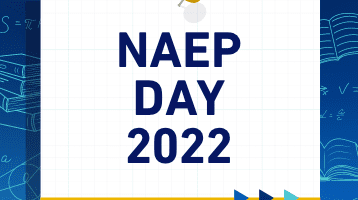Adjusting to the Common Core
During the summer of 2012, Manuel Gatica, the math department chair at a high-poverty middle school in Arizona, went to a number of trainings about the Common Core State Standards given by the state. He told me his reaction was “Oh my gosh” when he realized that that year’s incoming eighth-graders would be the first students who, as juniors, would be taking the new assessments developed to see if students are college- and career-ready.
He met with the other math teachers that August, and they all agreed they needed to do something drastic. All eighth-grade students needed to be in Algebra I (and seventh-graders in pre-algebra) for them to have a chance at being prepared as juniors for the new assessments.
The problem was that only the top students were scheduled to be in Algebra I that fall.
The teachers presented a plan to the principal, Liza Montiel, who took it to the school board: All eighth-graders who had been scheduled to take Algebra I would be in Algebra I Honors; those who had been scheduled to be in pre-algebra would be pushed up to Algebra I. Comparable changes were made in sixth and seventh grades, and unprepared and struggling students would be given an extra period of math.
Most schools would have taken at least a year to make such a drastic change; Carpenter made it after the school year began. It was, as faculty members said, the right thing for kids.
“It was difficult,” Gatica said. Many of the students didn’t feel ready and had serious gaps in their knowledge. “But I took a lesson that would have taken one period and made it three periods.” At the end of the year, the math teachers agreed that they had done the right thing. “They really rose to the challenge,” said one. Some students ended up needing to re-take Algebra I in high school, but, teachers said, at least they would be better prepared. And many others who were successful were prepared to take Algebra II as freshmen, putting them on track to be able to take calculus as seniors.
Adopting more rigorous standards is not, in other words, a simple or painless thing to do. But the teachers and students at Wade Carpenter Middle School rose to the challenge because they all saw how raising standards could help students better prepare for their future.












